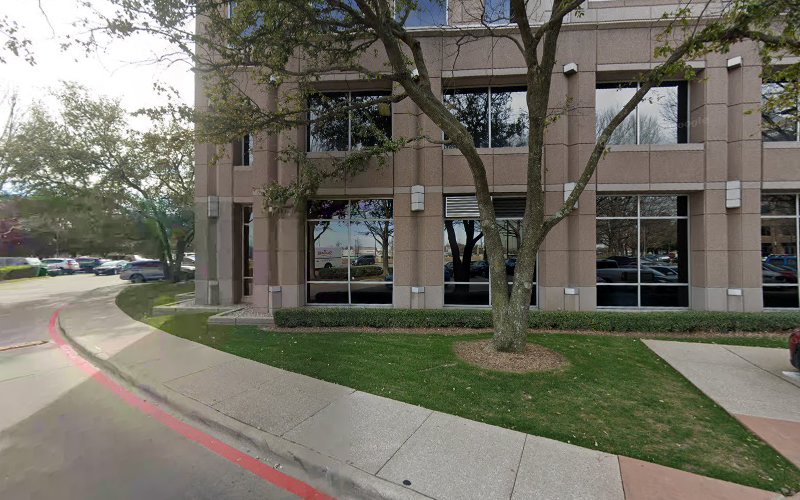Basic Information
Plastic and Craniofacial Surgery for Infants and Children, located at 9101 N. Central Expressway, Suite 595 in Dallas, Texas, is a specialized medical practice dedicated to the diagnosis, treatment, and surgical care of children with congenital and acquired craniofacial conditions. The institute is staffed by a team of highly experienced surgeons and healthcare professionals who focus exclusively on pediatric patients, offering compassionate, comprehensive care tailored to the unique needs of each child.
Led by board-certified plastic surgeons such as Dr. H. Steven Byrd, the practice provides expert care for a wide range of conditions, including cleft lip and palate, craniosynostosis, ear deformities, facial paralysis, and vascular malformations. Dr. Byrd, a pioneer in pediatric plastic surgery, is known for his contributions to the field, including the development of the EarWell™ Infant Ear Correction System—a non-surgical device used to correct ear deformities in newborns.
One of the core services offered is cleft lip and palate repair, which involves restoring both function and appearance through staged surgical interventions. These procedures are carefully timed to support speech development, feeding, and facial growth, and are often accompanied by ongoing speech therapy and orthodontic care.
Craniosynostosis surgery is another major focus, addressing premature fusion of skull sutures that can affect brain development and head shape. The team uses advanced imaging and surgical techniques to correct these issues, often working in collaboration with neurosurgeons to ensure optimal outcomes.
Ear molding and reconstruction services are available for infants with congenital ear deformities such as microtia, prominent ears, or constricted ear shapes. The EarWell™ system allows for early, non-invasive correction, while surgical options are provided for more complex cases or older children.
Facial paralysis and hemifacial microsomia are treated through a combination of reconstructive surgery and therapy, aiming to restore symmetry and function. These conditions, which may result from birth defects or trauma, require a multidisciplinary approach that includes plastic surgeons, neurologists, and rehabilitation specialists.
Nasal deformities, whether congenital or acquired, are addressed through customized surgical plans that consider both aesthetic and functional aspects. Procedures may involve cartilage grafting, reshaping, and airway improvement, tailored to the child’s age and developmental stage.
Vascular malformations, including hemangiomas and other anomalies, are managed through a combination of medical therapy, laser treatment, and surgery. The goal is to reduce the size and visibility of these lesions while minimizing discomfort and risk of complications.
The institute also provides care for complex syndromes such as Treacher Collins, Goldenhar, and Apert syndrome, offering coordinated treatment plans that may include multiple surgeries, genetic counseling, and long-term follow-up. These cases often involve craniofacial reconstruction, airway management, and psychosocial support.
Pediatric speech therapy is integrated into many treatment plans, especially for children undergoing cleft palate repair or facial surgeries that impact speech. Therapists work closely with surgeons to monitor progress and adjust interventions as needed.
With over 100 years of combined experience among its surgeons, Plastic and Craniofacial Surgery for Infants and Children is a trusted resource for families navigating the challenges of pediatric facial differences. The practice emphasizes early intervention, family education, and individualized care, ensuring that each child receives the best possible support for both physical and emotional development.


